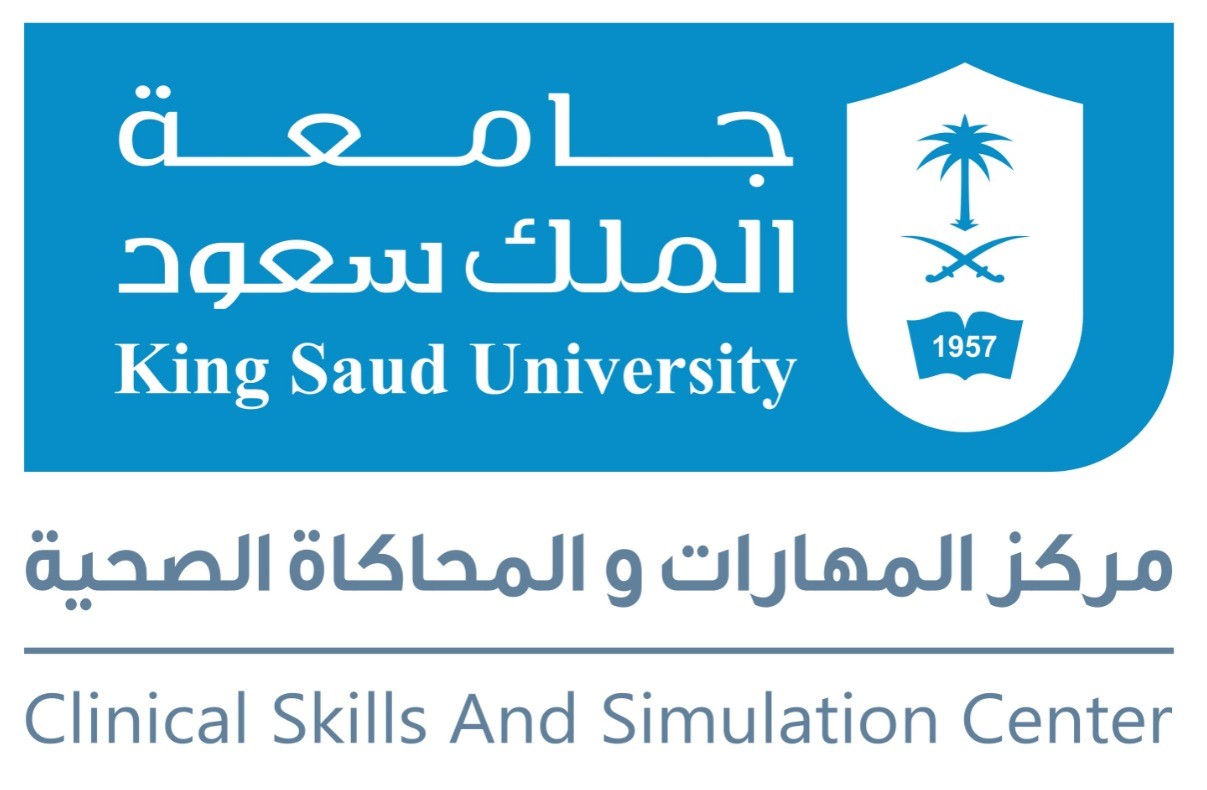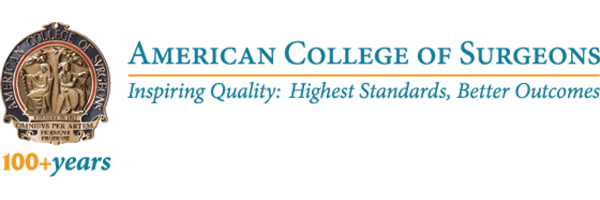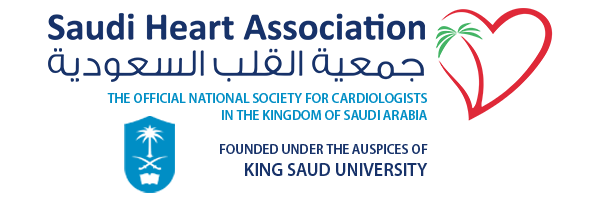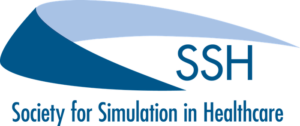
Director Letter
Simulation is playing an ever-increasing role in the training and maintenance of certification of the healthcare profession world-wide. This educational modality provides a uniquely deliberative and repetitive opportunity to practice skills while offering immediate feedback to the learner for the development of techniques performance to a predetermined proficiency level.
Simulation also allows the trainee to explore all possible outcomes and potential errors or complications related to that procedure or technique. This can all be provided in a risk-free environment away from the patient and has been shown to reduce the training time for complex medical and surgical skills.
As such, the educational activity can be entirely learner-cantered, rather than teaching added to a primarily patient-centered event, which ultimately benefits both the learner and the patient. This training can be directed at very specific skills training, or more extensive task training, to entire procedural training and more recently, the training of high reliability teams such as those in the operating room, intensive care unit and emergency room.































 Process In Progress . . .
Process In Progress . . .